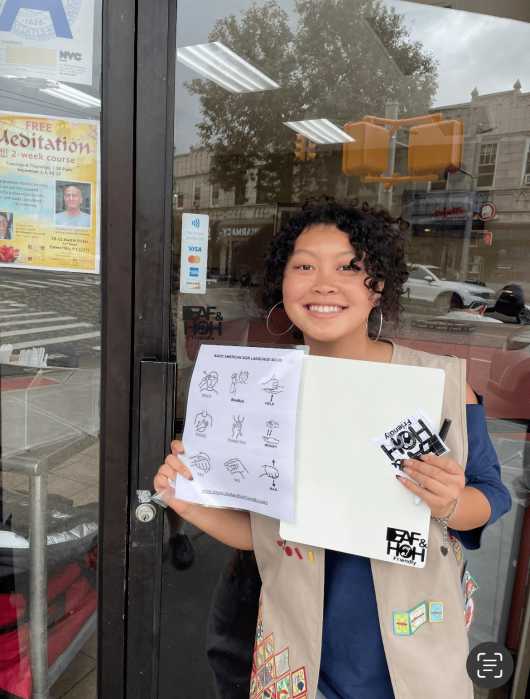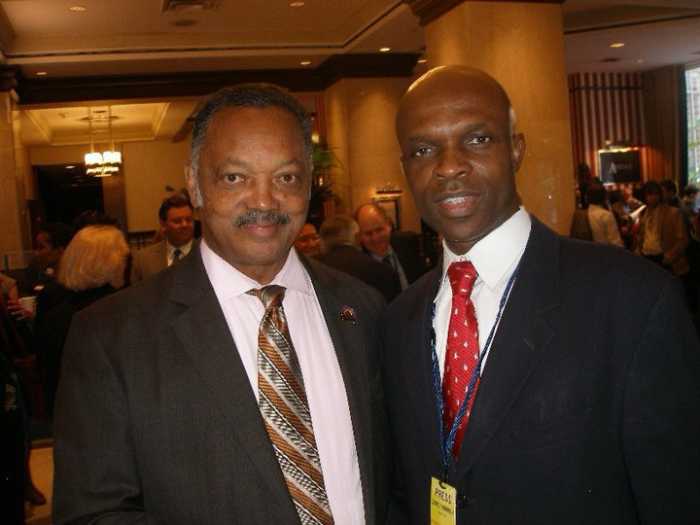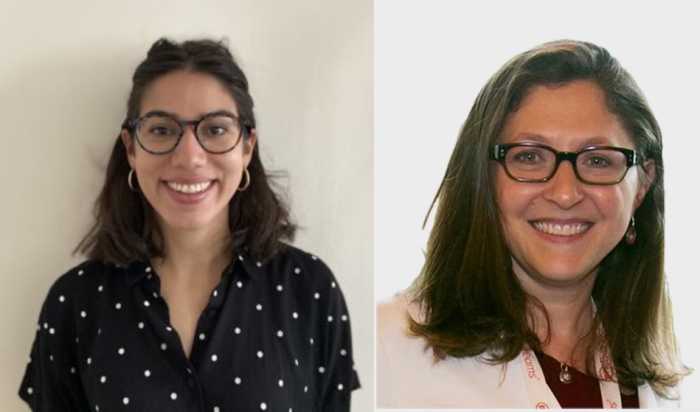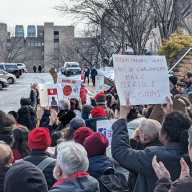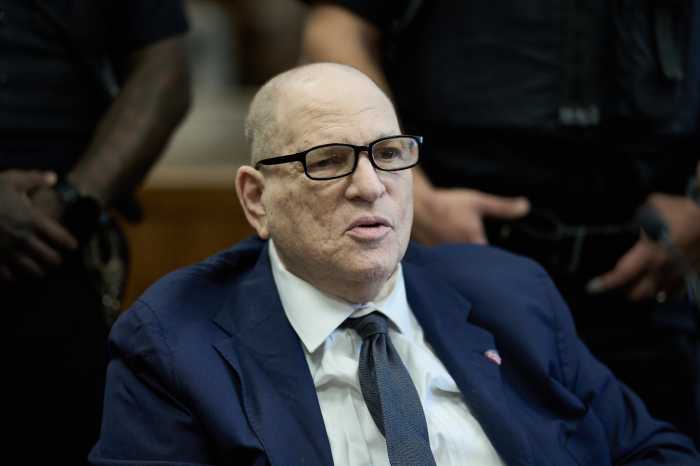The 14th anniversary of the attacks on the Twin Towers still touches deep wounds in Queens, which lost more than 200 firefighters, police officers and working people to the carnage on Sept. 11.
Yes, the borough has moved on somewhat, remembering the fallen with street renamings, candlelight vigils and memorial events.
The memories are not as sharp with the passage of time until the anniversary comes around each year, however, and forces each of us to look back at the day that changed our lives and the world.
As the names of the dead are read every year at Ground Zero by the victims’ families, the horror of that bright Tuesday morning returns. We think back to parents frantically searching for sons who worked in the Towers, borough triage centers waiting for the patients who never came and the unrelenting sounds of sirens blaring in the empty streets of Queens.
The toll was staggering for the borough.
Maspeth lost 19 firefighters in Squad 288 and Hazmet 1 out of the same firehouse.
A young Muslim from Bayside was at first thought to have been a terrorist when he disappeared on 9/11, but years later it was discovered that he had rushed to Ground Zero to volunteer—and died in the effort.
In Breezy Point in the Rockaways, 32 people perished at the World Trade Center. Many were firefighters.
But Mother Nature was forgiving. When Hurricane Sandy devastated Breezy Point, the violent winds and water spared the 9/11 memorial residents had built—a cross overlooking Jamaica Bay on the far west of the sandy spit.
There are thousands of stories that we tell to make sense of that terrible day, but too few have a happy ending, particularly for the 30,000 first responders who struggle with severe 9/11-related illnesses.
These are the people who rescued survivors from Ground Zero and inhaled toxic dust for months as they worked in the rubble to recover remains.
Last week about 50 responders from around the country rallied with U.S. Rep. Carolyn Maloney at Ground Zero, where she urged Congress to stop the James Zadroga 9/11 Health and Compensation Act from expiring. Zadroga was the first NYPD officer whose fatal respiratory illness was traced to the dust in the pile where the Twin Towers had stood.
As a nation we owe it to the people who sacrificed their lives saving others at the World Trade Center to provide permanent health coverage to their fellow responders who still struggle to get through each day.
This should be a key legacy of Sept. 11 as we count the anniversaries moving forward.

